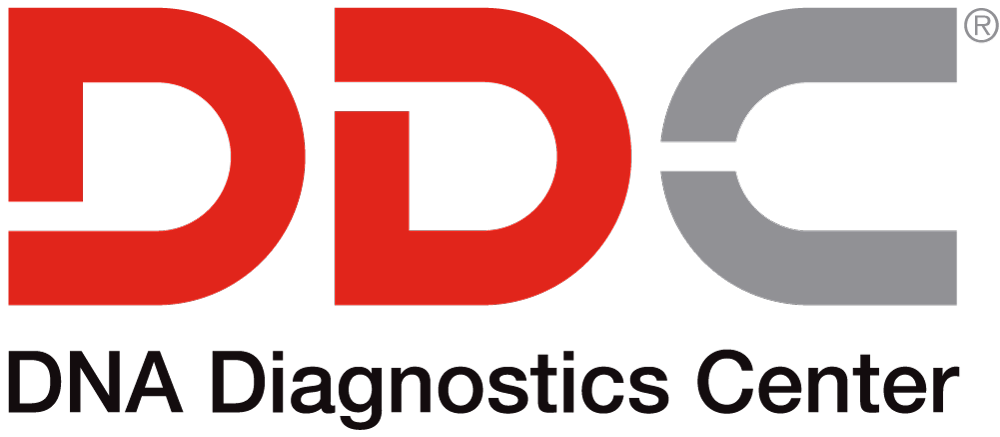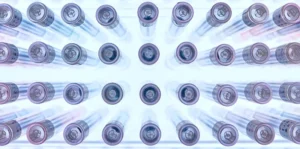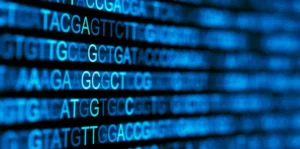MARCH 30, 2016
The Polymerase Chain Reaction
In 1993, Kary Mullis received the Nobel Prize for inventing the Polymerase Chain Reaction, also known as PCR. This procedure for making billions of copies of DNA has revolutionized modern biology and has become a standard technique for anyone studying DNA. With PCR, specific DNA sequences from very small amounts of DNA sample can be amplified for testing and analysis.
The procedure makes use of the physical properties of DNA. At elevated temperatures (around 95oC), the two strands of the DNA helix unwind and separate. The separated strands then serve as templates for forming new DNA molecules. In a double-stranded DNA molecule, the base adenine (A) pairs with thymine (T) and guanine (G) pairs with cytosine (C). In a solution containing the single strands and individual bases, complementary bases would attach to the bases found on the single strands.
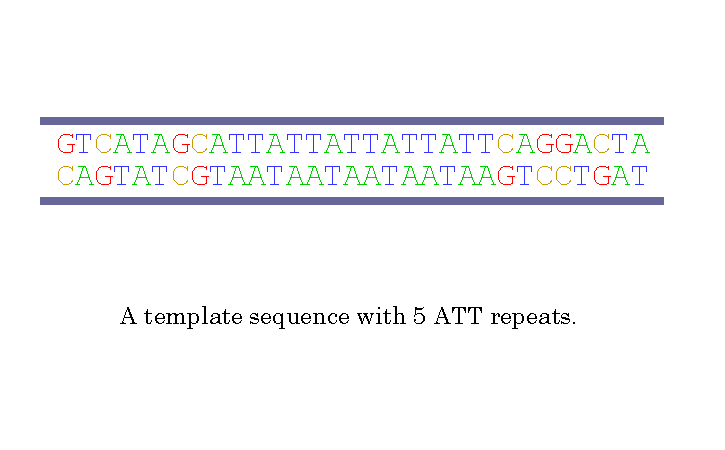
There are five essential components of a PCR reaction:
DNA template–DNA that has been released from the source, e.g. buccal swabs, and purified.
Primers–small pieces of single-stranded DNA that attach to complementary target sequences on the DNA molecules.
Bases–the free bases (A,T,G,C) that are added to the primer, extending the complementary sequence to form double-stranded DNA
DNA polymerase–an enzyme that facilitates the extension of the DNA molecule
Buffer–the solution that maintains the favorable conditions in which PCR takes place
All of the above ingredients form the PCR mix, which is then placed in a thermal cycler. The thermal cycler heats and cools the PCR mix as follows:
95oC DNA strands separate (or denature).
60oC Primers attach to the single strands.
72oC DNA polymerase extends the primers using the free bases.
Each cycle is repeated 25-35 times. After the first cycle, two copies are produced of each DNA template. The PCR products exponentially multiply through the 30 or so cycles, until there are about one billion copies of each target sequence. Since the DNA sample typically contains more than one copy of the DNA template, billions of copies of the target sequence are produced.
About DNA Diagnostics Center (DDC)
DNA Diagnostic Center is the world leader in paternity and relationship testing. We serve healthcare professionals, government agencies, and individuals around the world to determine family relationships with trusted accuracy.
More Questions? Don’t hesitate to call us: we’re here to help!
CALL NOW